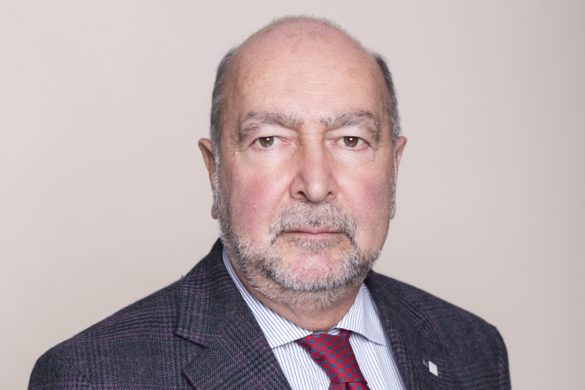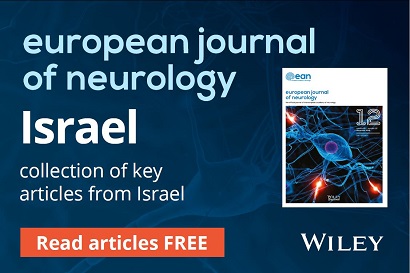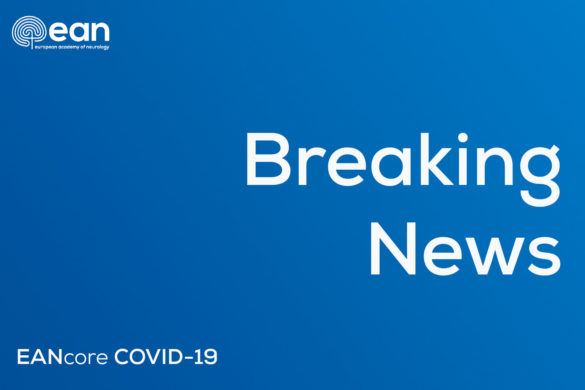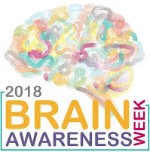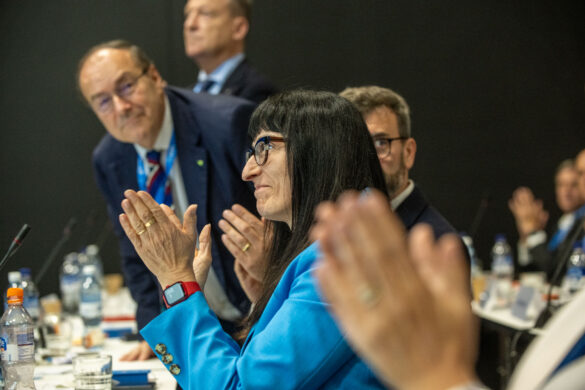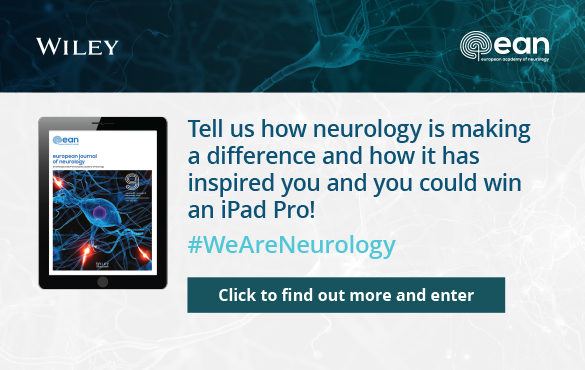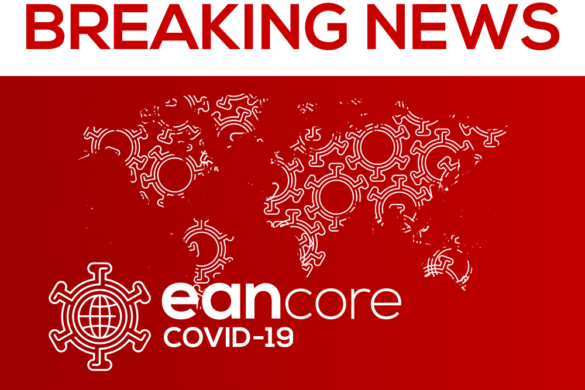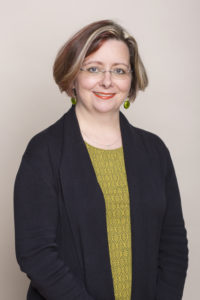
Prof. Hannah Cock, London, United Kingdom
former chair of the EAN Education Committee
How do you see the role of the Education Committee within the overall work of EAN?
Prof. Hannah Cock (HC): Education is fundamental to the vision of EAN. Education underpins the sharing of knowledge and excellence. It also forms a substantial part of the annual congress, and offers numerous other opportunities to bring members together including our regular schools and other teaching courses and e-learning resources. The clinical and research fellowship schemes also provide opportunities to share specific knowledge and expertise, and make in some cases connections that define future careers and service developments.
What do you consider the main achievement of the Education Committee under your leadership?
HC: Where to start! In no particular order: the different shape of congress program, with more interactive, small group, case based and hands on workshops; new initiatives – such as the EAN day, congress brain challenge and autumn school; all the behind the scenes work developing clear, equitable and transparent standard operating procedures and policies for all that we do; starting to build a portfolio of clearly labelled career development activities; establishing the quality assurance subcommittee, now morphing into an established quality & ethics task force, encompassing the speaker database and robust mechanisms for critically evaluating the work of EAN, and helping us learn what does and doesn’t work. This is the point to say a huge thanks for everyone who working on the committees and taskforces to achieve these goals, and to the outgoing board for giving me the opportunity to develop my own leadership skills! One thing I’ll always personally feel pleased about is removing the word “young” and age criteria from our procedures – not because I’m getting older (though of course I am), but so as not to indirectly and inadvertently discriminate against those who start training later, or have periods training or working part-time for any reason.
What is your wish for the future of the committee?
HC: Continue to build on existing strengths and successes, but also learn and grow. Embrace the evolving educational needs of our audience, both in terms of content, and the different ways people like to learn. Critically consider feedback, utility and cost-effectiveness of all that they do, but ensure driven by educational need, not just interest and attendance. Be open to change and evolution in the context of rapidly evolving developments in science, educational methodology, varied and changing healthcare systems, and changing member/learner and patient expectations. Keep in mind the need to future proof, so EAN continues to be seen as the home of neurology, and our professional independent voice stands out from the glitz and glamour that commercial enterprises can offer despite more limited funds. This will necessitate attracting new trainees and consultants to join the existing pool of neurologists with professional experience and training in educational methodologies, and encouraging educational research within neurology as a discipline on a par to any other subspecialist area. As well as keeping the existing “show on the road” – there is much still to do – for example developing a leadership program, working with RRFS on a mentorship scheme. EAN needs to attract the brightest and the best current and future neurology educators to work with us. Those that do will have fun, meet amazing people around Europe and beyond, and learn so much along the way. I know I have – it’s been a lot of work, but a huge privilege, and I’ll never regret jumping in.
Thank you Prof. Cock!




